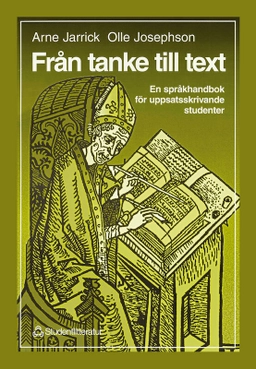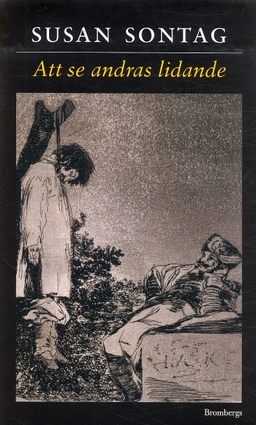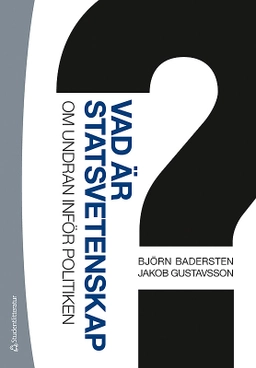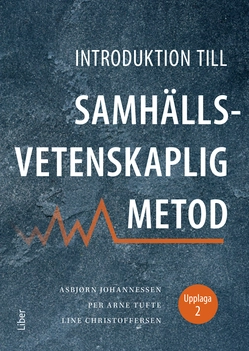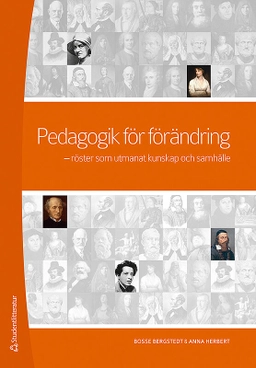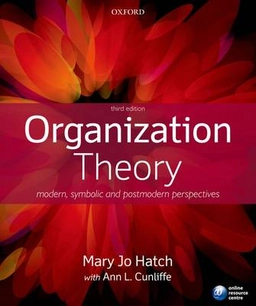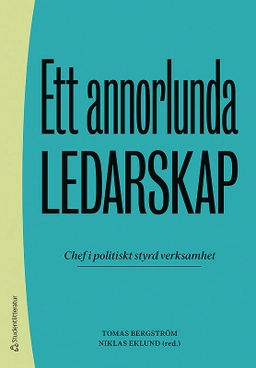This is at once an account and an explanation of the evolution of European states during the present millennium. The central problem addressed by the author concerns the great variety in the kinds of state that have prevailed in Europe since AD 990. Professor Tilly shows how interactions between the wielders of power on the one hand and the manipulators of capital on the other resulted in three state formations each of which prevailed over long periods - tribute-taking empires, systems of fragmented sovereignty, and national states. He argues that to conceive European state development as a simple, unilinear process is untenable, and further that relations between the states themselves are a big factor in their formation and evolution. The final part of the book then applies these insights to the history of Third World states since 1945. For the paperback edition the author has made minor revisions throughout and provided an additional section on the rapid changes that have recently taken place in Central and Eastern Europe. 'An important, provocative theory, with much originality and richly documented...it is extremely well written, despite containing both theory and a wealth of empirical information. It caries substantial learning lightly' - Michael Mann, "American Journal of Sociology". 'Admirable...Thoughtful and scrupulous' - Basil Davidson, "Journal of International Affairs". 'Admirers of Charles Tilly's work on European history will now have even more to admire - another genuine breakthrough...Straightforward, enlightened, and powerful' - Jack A. Goldstone, "Contemporary Sociology". (Bookdata)
Åtkomstkoder och digitalt tilläggsmaterial garanteras inte med begagnade böcker



